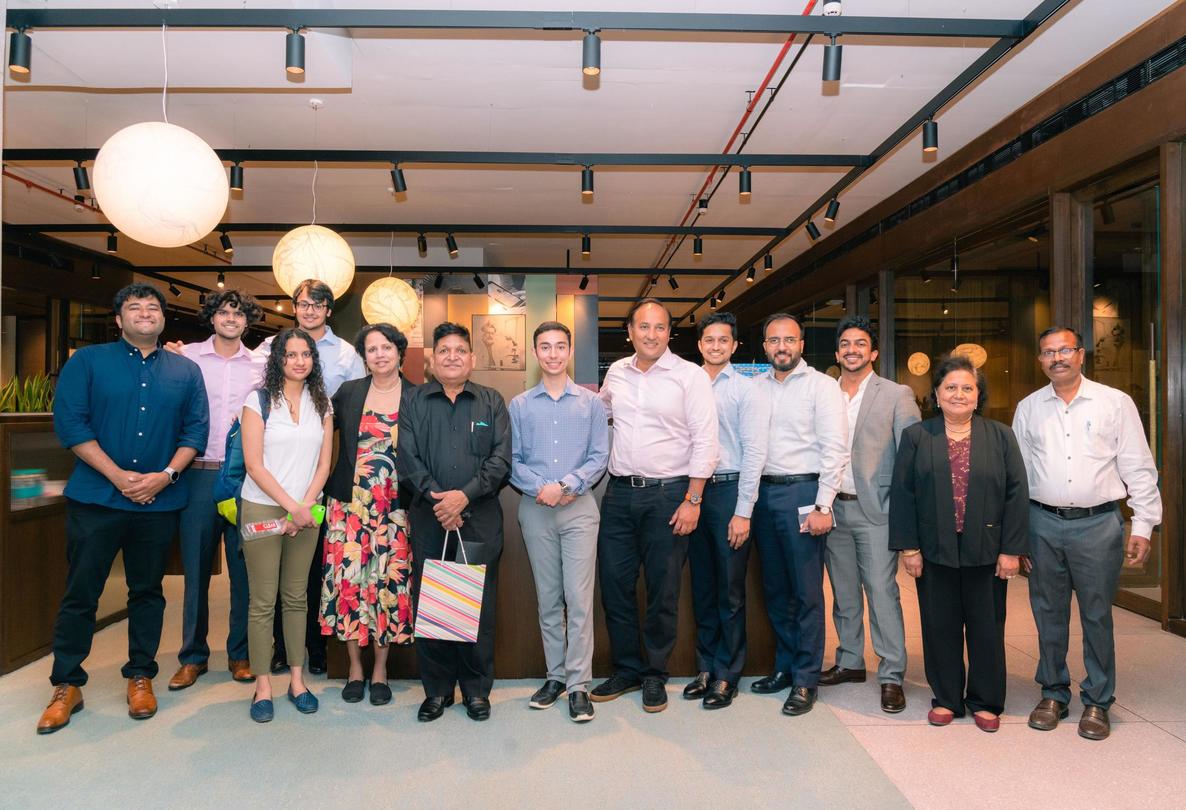Chadha Center for Global India, Keller Center launch entrepreneurial internship program in India

Since 2016, the Princeton Startup Immersion Program (PSIP), part of the Keller Center for Innovation in Engineering Education, has offered undergraduate and graduate students the opportunity to gain real-world experience at emergent startups in New York City, Tel Aviv and Shanghai.
During the summer of 2023, Princeton’s M.S. Chadha Center for Global India (CGI) collaborated with the Keller Center to launch Princeton’s first startup immersion program in Bengaluru, India. The program, initiated by CGI Faculty Director, Anu Ramaswami, with input from CGI’s advisory board and Princeton alumni in India, built on PSIP’s prior successes in other global cities. The program was made possible through the generous support of Sumir Chadha ’93, former Princeton trustee and co-founder and managing director of WestBridge Capital.
